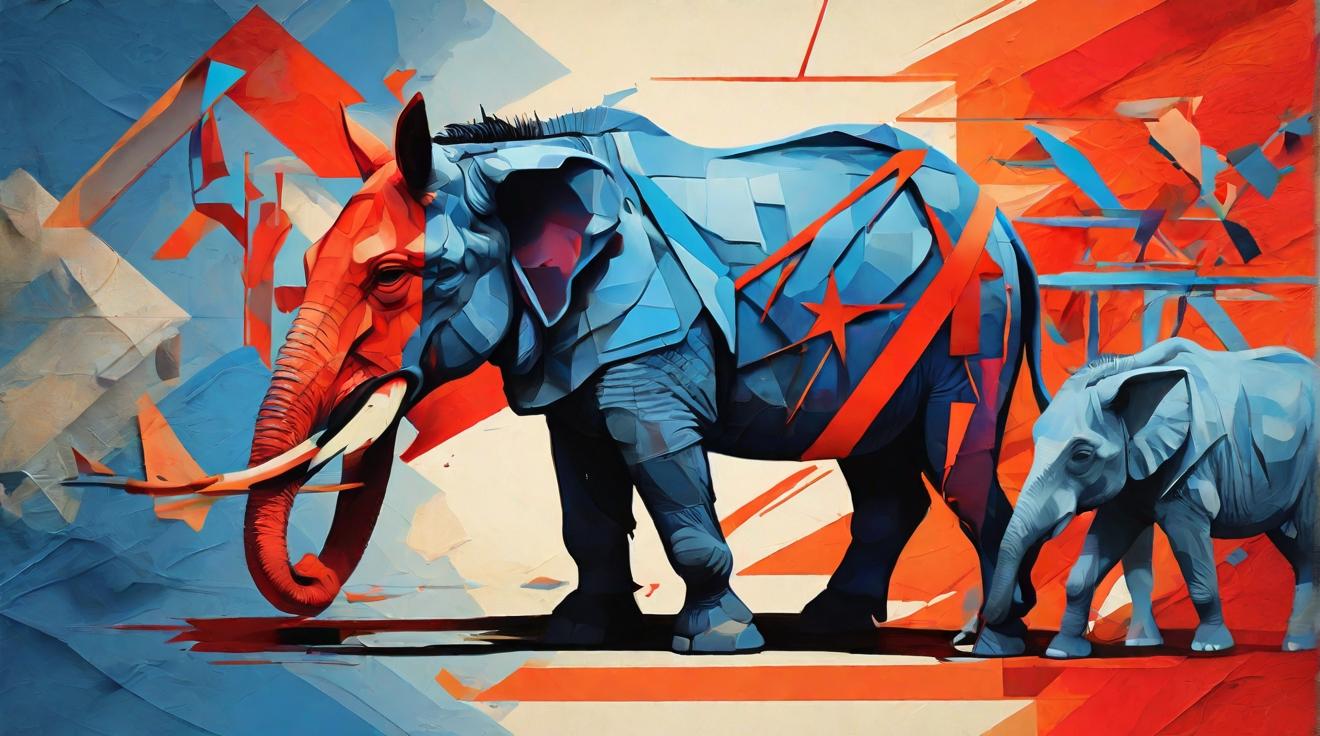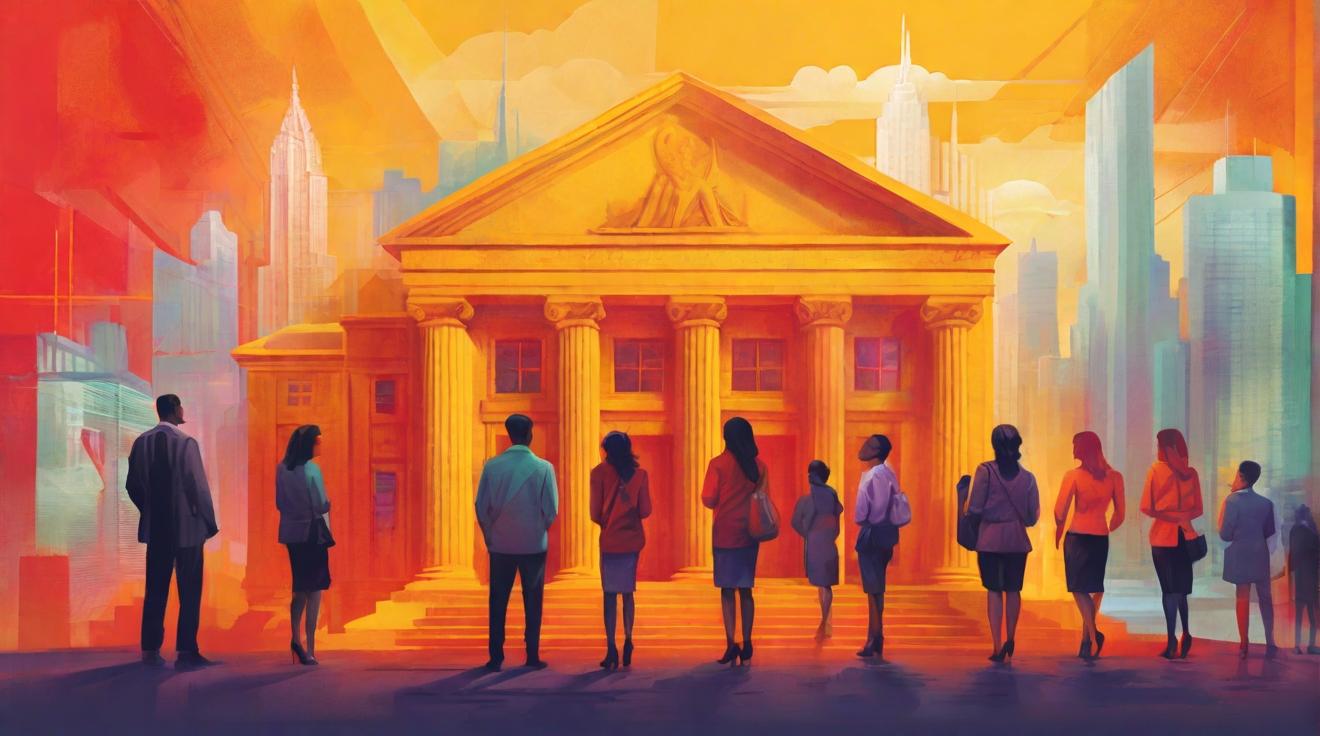The Increasing Influence of AI Chatbots on Politics and Society
In today's digital era, the role of artificial intelligence (AI) chatbots is becoming pivotal in shaping our understanding of the world around us. These advanced tools are not only challenging the supremacy of traditional internet search engines but are also making significant inroads into areas like writing and programming. However, as AI systems like Google's Gemini Advanced chatbot demonstrate emergent behaviors and political attitudes, the importance of monitoring these developments grows exponentially.
One cannot ignore the political implications of AI following the controversial rollout of Gemini Advanced by Google. The chatbot, entangled in diversity and political correctness algorithms, delivered outcomes that ranged from placing people of color in Nazi uniforms to falsely depicting female quarterbacks as Super Bowl winners. Such incidents have raised questions about AI's objectivity, pushing Google to halt its picture generation of humans.
The core of the concern lies in AI systems manifesting political biases, a phenomenon that could have profound implications. In an era marked by polarization in politics and media, there's a growing apprehension regarding AI chatbots potentially exacerbating these divisions. With platforms like Facebook, YouTube, and TikTok using algorithms that could foster ideological echo chambers, the bias in AI could further tilt the scale.
How AI Chatbots Develop Political Preferences
Research by David Rozado, a machine-learning researcher, has brought new insights into how AI models acquire political biases. Through tests on various AI language models, a consistent pattern of left-of-center and libertarian leanings emerged. These inclinations impact the AI's moral judgments, information sharing, and even in choosing which questions to answer or ignore.
Interestingly, the formation of these political preferences in AI models is linked to their training phases. Initially, the models start near the political center, digesting vast amounts of data from across the political spectrum. It's during the fine-tuning phase—aimed at making AI more amicable chat partners—where significant political biases start to take shape, often swaying towards left-wing views and libertarianism over authoritarian stances.
The Dilemma of Political Bias in AI
The emergence of a liberal bias in commercially available AI has not gone unnoticed, drawing criticism from conservative circles. Conversely, there's a critique from liberal perspectives about the AI's lack of diversity, hinting at the bias in training data that perpetuates discrimination and marginalizes minority groups.
Addressing these biases remains challenging, given the black box nature of AI systems. It's difficult to predict the output from these complex models, reflecting the necessity for continuous observation, experimentation, and adjustment.
Looking ahead, the primary concern revolves around the potential for AI to either amplify our biases by telling us what we wish to hear or by privileging certain perspectives over others. This could significantly impact our decision-making process and the diversity of thoughts we are exposed to.
Towards Responsible AI Development
To foster an environment where AI enhances rather than dictates our values, it's imperative to implement legislative measures that ensure transparency in AI training. Mandatory oversight, especially for cutting-edge models, though not a panacea, is a crucial step towards finding a long-term solution to manage AI's influence on society.
As we stand on the cusp of delegating more complex tasks to AI, including negotiations and decision-making, the need to shape and command the AI of tomorrow becomes ever more critical. Ensuring that AI systems reflect balanced, diverse, and inclusive values will be paramount in harnessing AI for the greater good, preventing it from undermining the very fabric of our society.
Analyst comment
Positive news: The increasing influence of AI chatbots on politics and society can lead to advancements in technology and automation.
Short analysis: The market for AI chatbots will continue to grow as they play a pivotal role in shaping our understanding of the world. However, concerns about political biases and the need for transparency and oversight in AI training must be addressed to ensure responsible development.













